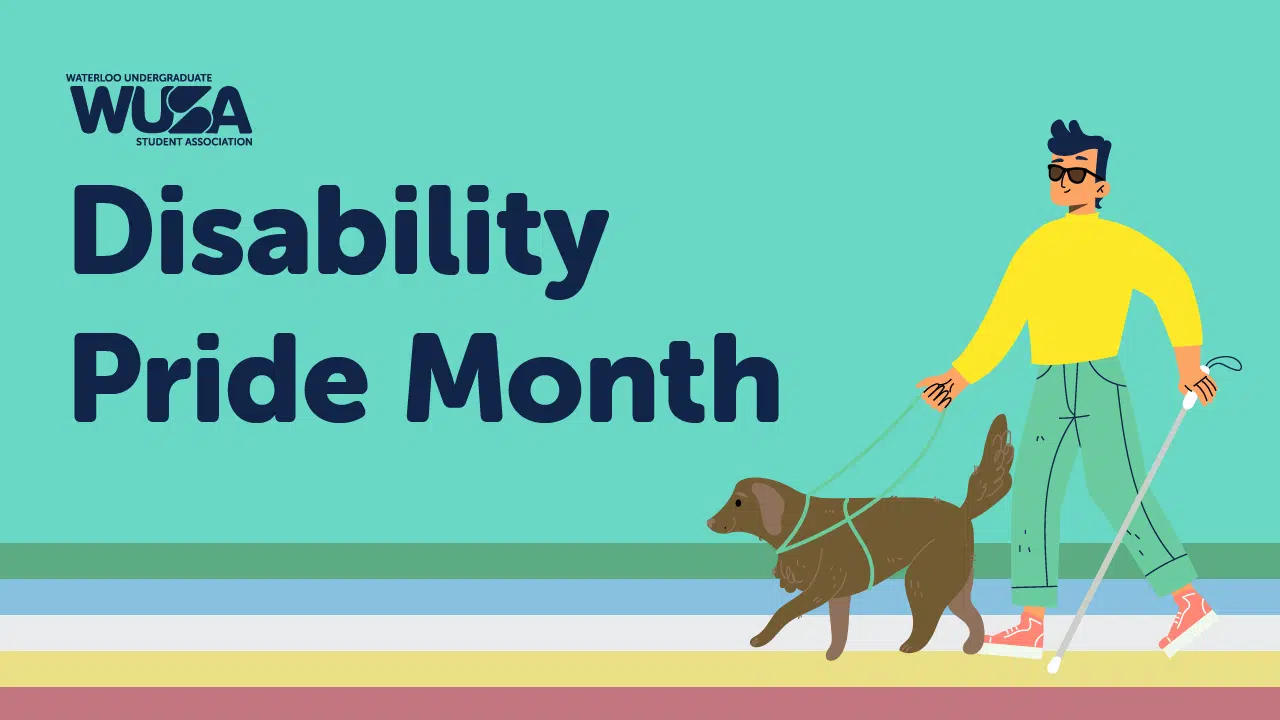What is seasonal depression?

As we head into the fall and winter months, the days get shorter, and the weather becomes colder and gloomy. This is when seasonal depression or Seasonal Affective Disorder (SAD) manifests, and it is a particular kind of depression that manifests during this specific time of year.
It’s estimated that about 10% of reported cases of depression are due to seasonal depression, and about 15% of Canadians will experience a mild form of seasonal depression in their lifetime.
We as students can be affected by seasonal depression, however it is important to know what causes it, and what are ways we can help prevent it from affecting us.
What causes seasonal depression?
The biggest causes of seasonal depression include reduced sunlight and shorter daylight hours which are believed to be associated with alterations in brain chemistry.
In addition to this, seasonal depression has been associated with melatonin, a hormone related to sleep regulation. The body’s production of melatonin naturally increases in response to darkness. Hence, during periods of shorter and darker days, as seen in the fall and winter months, there is an elevation in melatonin production, leading to increased sleeping patterns.
Source: John Hopkins Medicine
What are some symptoms of seasonal depression?
Some symptoms (not an exhaustive) of seasonal depression include:
- Increased sleep and daytime drowsiness
- Loss of interest and pleasure in activities formerly enjoyed
- Social withdrawal and increased sensitivity to rejection
- Irritability and anxiety
- Feelings of guilt and hopelessness
- Fatigue, or low energy level
- Decreased sex drive
- Decreased ability to focus or concentrate
- Trouble thinking clearly
- Increased appetite, especially for sweets and carbohydrates
- Weight gain
- Physical problems, such as headaches
* If you suspect or believe to be experiencing seasonal depression, or know someone who is, it is important to prioritize seeking help from a healthcare professional for an accurate diagnosis and look to discuss adequate treatment options.
Source: John Hopkins Medicine
What are some ways you can prevent and manage seasonal depression?
Make sure to seek assistance and prioritize seeking professional help. If you suspect you’re experiencing depression, make it a priority to consult a healthcare professional promptly.
However, here are other ways you can manage seasonal depression:
- When facing depression, establish realistic objectives. Avoid overburdening yourself. Instead, divide significant tasks into smaller, manageable steps, prioritize them, and tackle them one at a time.
- Strive to be in the company of others and confide in someone. This is often more beneficial than isolation and secrecy.
- Engage in activities that uplift your spirits. Activities like watching a movie, gardening, participating in religious or social events, or performing acts of kindness can contribute to an improved mood.
- Incorporate regular physical activity into your routine.
- Recognize that the improvement of your mood will be gradual, not instantaneous. The path to feeling better takes time.
- Maintain a diet that consists of wholesome, balanced meals.
- Refrain from the consumption of alcohol and drugs, as these substances can exacerbate depression.
- Delay making major decisions until your depression subsides. Before making significant life changes, such as changing careers or undergoing marital adjustments, seek input from individuals who are well-acquainted with your situation and can offer an objective perspective.
- Keep in mind that individuals rarely “snap out of” depression, but gradual improvement is achievable day by day.
- Exercise patience and concentrate on positive aspects, as this can help replace the negative thought patterns associated with depression. These pessimistic thoughts will diminish as your depression responds to treatment.
- Allow your family and friends to support you during this time.
Source: John Hopkins Medicine
Image source: Pexels.com
What should I take away from this?
Seasonal depression is quite common during this time of year and can affect anyone. As a student, it is important to prioritize your wellbeing while balancing academics and your social life. It is critical to be aware of any changes during this time, and being aware of these changes can help you act and navigate the various supports that are there to help you.
We here at WUSA offer resources such as Empower Me, where you can find someone to talk to 24/7. You can also reach out to Campus Wellness and Counselling Services if you are in need of help and don’t know where to begin.
We also hope everyone takes this opportunity to take care of themselves and continuously check in with each other during these times.
Navya Manoj
Communications Assistant
Published: Wednesday, November 1, 2023





